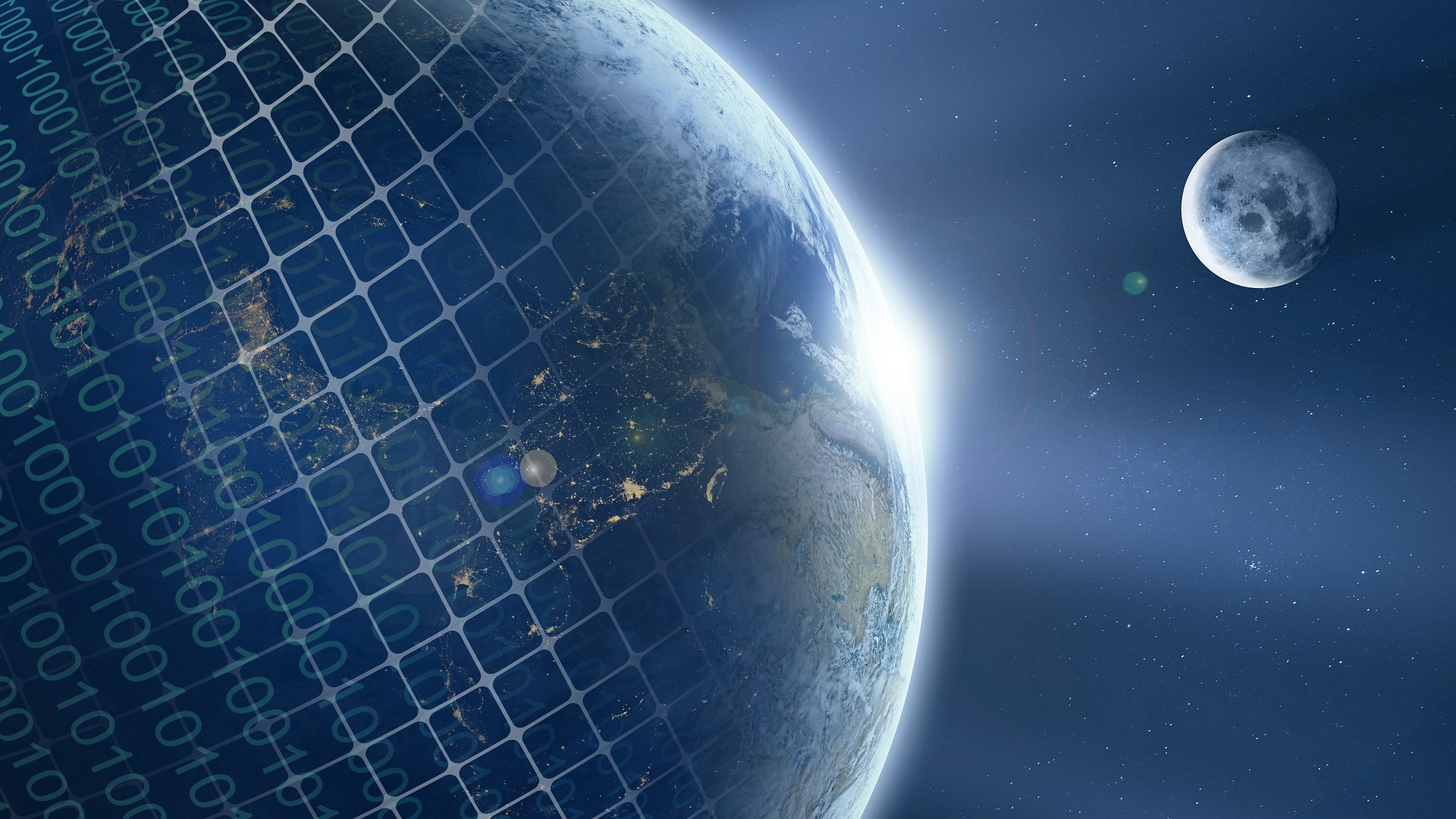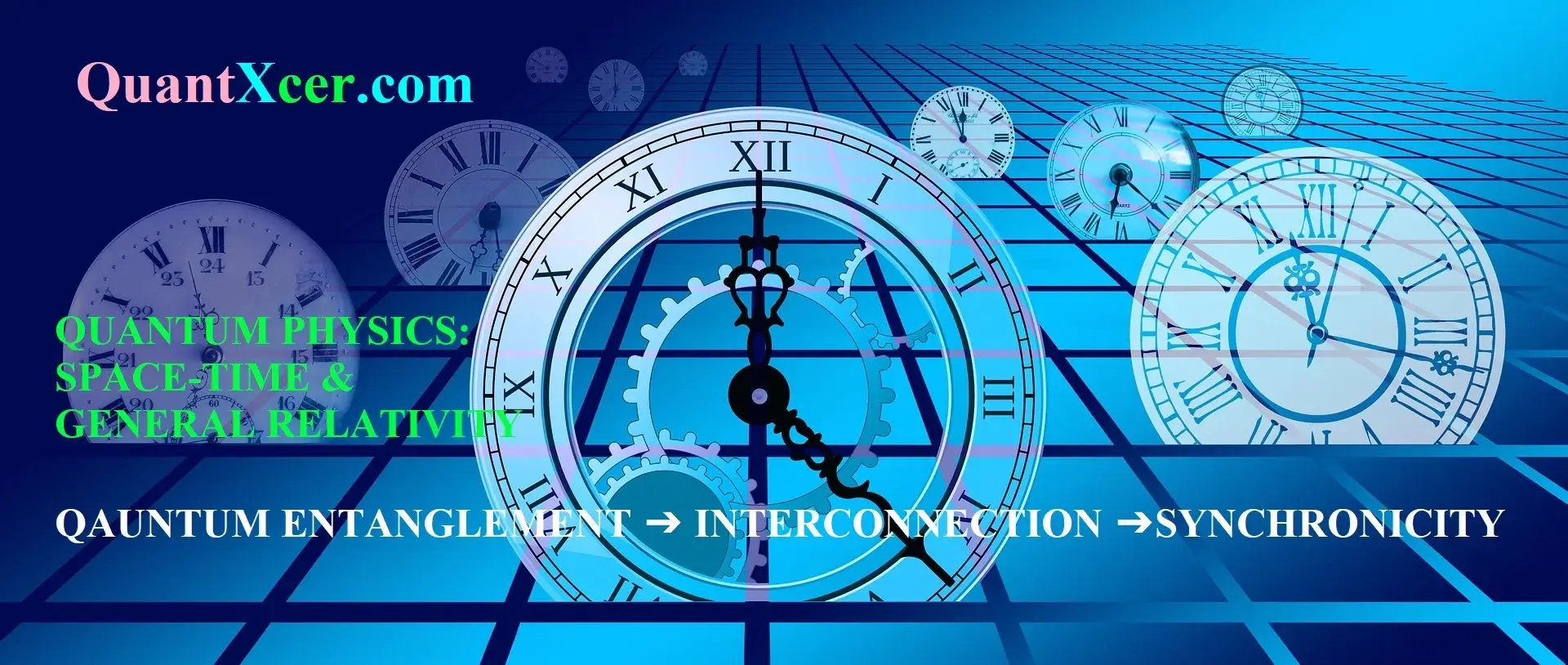Scientists Suggest The Universe Is Created By Simulating Self-Consciousness
According to a novel theory, the cosmos is conscious and self-repeats in "endless iterations." According to a report from the Quantum Gravity Research Institute, there may be a panconsciousness at work. Insight from quantum mechanics and a non-materialistic viewpoint are combined in this study.
Is the existence real? What if everything and all the events were all simply an extremely sophisticated simulation with a complex algorithm?
Is the world (or the existence) or the universe itself inside a computer simulation? - there is a fair possibility that all of existence is only the result
of highly complex computer simulations run by advanced entities whose true nature we may never be able to discover.
What if there are no sophisticated beings either and everything in "reality" is a self-simulation that arises from pure thought?
This is the idea laid out with a new hypothesis by quantxcer.

The fact that this new theory expressly embraces "panconsciousness" and non-materialism is undoubtedly its most important component.
It can therefore be compared to more recent theories of consciousness that explicitly embrace panpsychism.
Surprisingly, non-materialist theories of consciousness are becoming more accepted in the scientific community. Is that because materialist theories of consciousness don't offer many new insights and lead to ludicrous conclusions, or is there another explanation? At this time, it would be difficult to say.
It will be fascinating to observe how this self-simulation strategy is received. It is constructed as a quantum gravity model and riffs on Nick Bostrom's simulation strategy, with the following clear distinction:
This approach differs from Bostrom's original theory in a number of significant ways, one of which being the materialistic assumption that the cosmos is fundamentally physical. Everything is information expressed as thinking, according to their non-materialistic hypothesis. They claim that the cosmos "self-actualizes" into existence in this way, relying on underlying algorithms and a principle they refer to as "the principle of efficient language."
Similar to John Wheeler's it from bit principle, this (information precedes matter). However, it is a little more radical.
Do the researchers believe that the universe has consciousness? To some extent:
According to this idea, the simulation of the entirety of reality can be reduced to a single "great thought." How would the simulation be created itself? The researchers claim that it has always existed, justifying the idea of "timeless emergentism." This notion holds that time doesn't exist at all. Instead, the all-pervasive thought that is our world provides a nested appearance of a hierarchical order, full of "sub-thoughts" that extend all the way down the rabbit hole to the fundamental particles and mathematics. The rule of efficient language suggests that humans are such "emergent sub-thoughts" and that they perceive and derive meaning from the world through other sub-thoughts (also known as "code-steps or actions") in the most efficient way.
Right down to the creation of humanity, this sounds like classic theism, with the universe acting as a self-existent God (as emergent sub-thoughts).
Despite how unconventional this QGR idea may seem, it does address two issues:
First, it presents a version of consciousness that is consistent with our experiences. Most materialist accounts fall short in that regard. Daniel Dennett, a famous Darwinian philosopher, famously called consciousness a user delusion. It's a false presence. In light of this, whos' illusion is it then? According to the QGR researchers, human awareness is a little part of a larger idea. That is a little closer to what we experience, agree or disagree.
Second, just as "In the beginning, God created the heavens and the earth," the researchers' theory that the cosmos simulates itself into being eliminates the issue of infinite regress (what simulated the universe?). Of again, as was stated above, anything that presents itself as "one vast mind" could just as easily be God. However, it is quite acceptable for researchers to favour their own lingo.
It will be fascinating to observe if further studies on the beginning of the universe that argue in essentially the same ways get published in scientific journals. If so, we might be experiencing the same development in cosmology and consciousness research: the need to seriously consider the existence of awareness.
